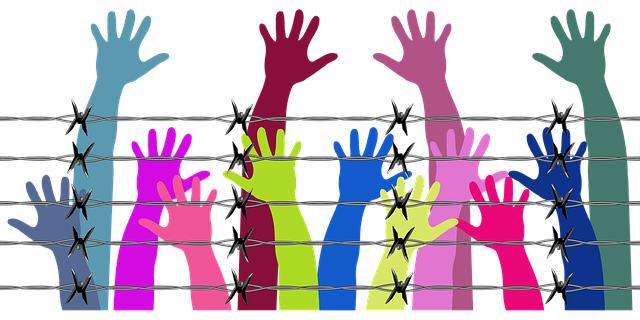Guilford County’s two jails have seen three inmate suicides in the last 10 months, however, on Monday, March 2, the Sheriff’s Department stated that it has measures and procedures in place meant to prevent inmates from taking their lives while incarcerated.
In the last 10 months, the county has seen suicides in both the jail in Greensboro and the jail in High Point – with the most recent being the death of Kent Fulton Gilliland of Julian, age 36, who hung himself on Friday, Feb. 28 in the Guilford County jail in Greensboro and later died at Moses Cone Memorial Hospital.
In the wake of that suicide, Guilford County Sheriff’s Attorney Jim Secor explained some of the measures the Sheriff’s Department regularly takes in order to see that this type of thing doesn’t happen. He said the measures taken comply fully with requirements from the NC Department of Health and Human Services.
For one thing, the department trains detention officers in ways to prevent inmate suicides, he said.
Secor stated that every new jail guard gets five hours of training in suicide and crisis management, as well as six hours of training in various aspects of identifying and handling mental illness in inmates.
Secor wrote in an email that the effort to thwart jail suicides starts the moment inmates are taken into the county’s custody.
“The GCSO’s [Guilford County Sheriff’s Office’s] Policy and Procedure Manual requires that each new detainee be personally interviewed and assessed by a Detention Officer for mental health issues in general and suicidal thoughts specifically,” Secor wrote.
He also provided the Rhino Times with an interview checklist used – the Inmate Classification Form. This initial screening takes place during the booking process and the inmates are asked a range of questions, such as whether they have a history of mental illness, if they’ve used drugs and which medications they are on.
Secor also said that Wellpath, the medical provider for the jails, provides mental and physical health care and monitoring as well.
“Each detainee undergoes a Medical Screen, which includes a Mental Health Screen within two to four hours of admission to our facility,” Secor wrote.
He added, “At any stage of the process, those inmates who are identified as suffering from mental or physical health/medical problems receive regular check-ups by a mental health professional. Wellpath has a staff psychiatric who provides treatment to our detainees as well as any necessary medications. Detainees can also self-initiate a request for medical attention from the Wellpath Staff by submitting a Sick Call Request form at any time during the detainee’s stay.”
Secor stated that the department’s policies and procedures requires that each detainee be observed by a detention officer at least twice per hour. Any detainees identified as a “suicide risk” – either by stating so themselves, or by the observations of guards and medical providers – can be placed under a higher level of supervision known as “suicide watch.”
According to Secor, that limits the detainee’s access to items that could be used in a suicide attempt.
“Such individuals are also observed by Detention Staff more frequently, up to four times an hour,” he wrote.
The department is currently investigating the most recent suicide and it’s possible the jails could implement further safeguards to inmate suicide prevention if additional measures helpful in preventing it are found.

